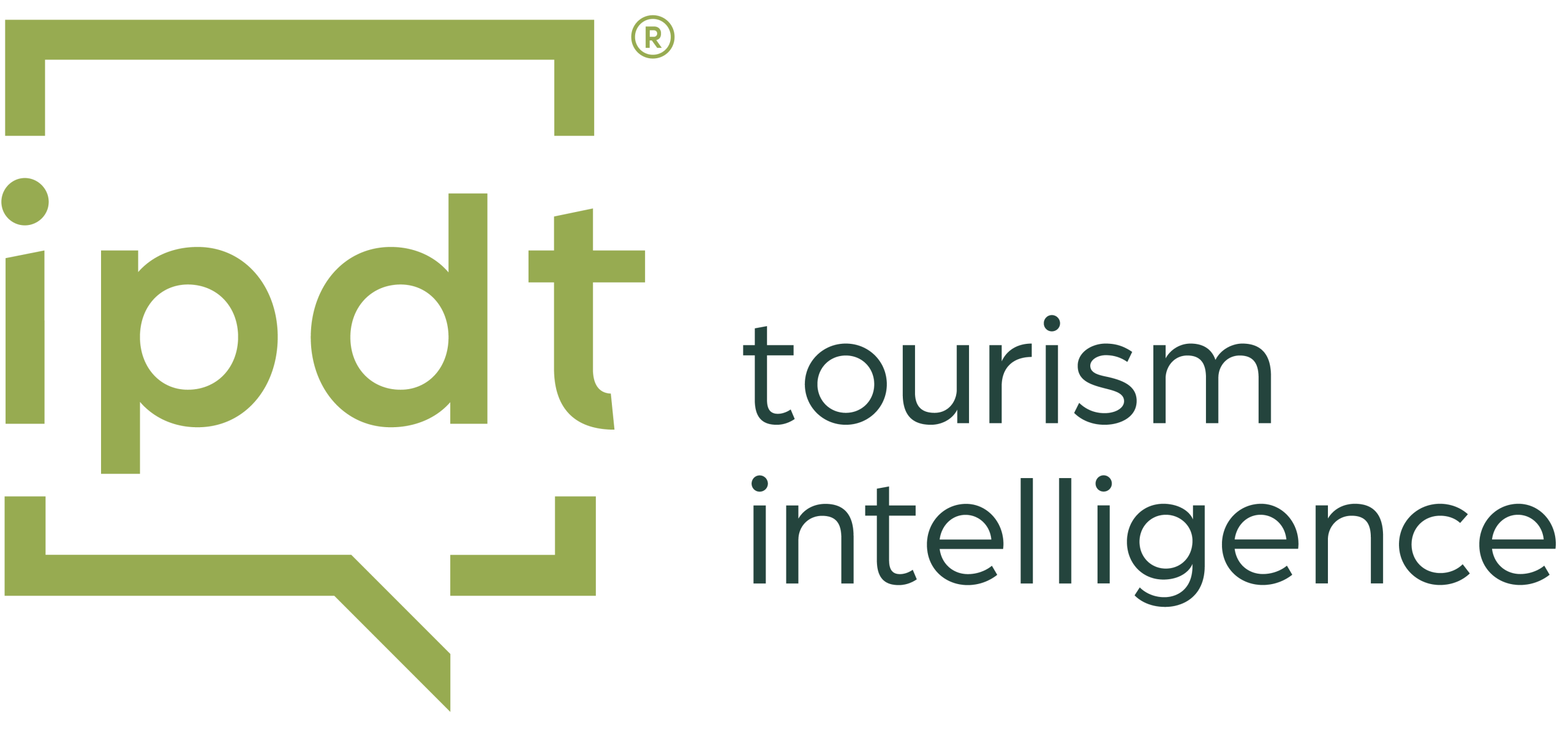IPDT Services
Sustainability Certification: from intention to action
The sustainability certification process of a company or tourism destination should be seen as a strategic investment that, in the medium to long term, enables a balance between supply standards and demand requirements. In addition to ensuring the responsible use of available resources, this commitment enhances brand value, strengthens consumer trust, and delivers a high-quality, safe experience for the end customer.
Why Invest in Sustainability Certification?
The adoption of sustainable practices in tourism is no longer optional — it has become a growing demand from travellers and a clear opportunity for market differentiation. The benefits of sustainability certification are long-lasting and extend well into the future.
- Tourists’ Choice
Travellers prefer companies and destinations that adopt responsible practices. - Resource Preservation
Natural and cultural resources are safeguarded for future generations. - Profitability and Recognition
Sustainability strengthens both brand image and business performance. - Everyone Benefits
It creates advantages for residents, tourists, and investors.
A cross-cutting and effective strategy
Sustainability certification is one of the most effective tools for the development of tourism businesses and destinations, as it requires planning and the sharing of an integrated vision for tourism development, based on a methodology that spans the four key areas of sustainability:
Sustainability certification is one of the most effective tools for the development of tourism businesses and destinations, as it requires planning and the sharing of an integrated vision for tourism development.
What are the goals of Sustainability Certification?
01. Sustained Growth
Enhancing Growth with Responsibility
By establishing clear goals and concrete actions, businesses and destinations pave the way for lasting progress and success. Over time, this leads to lower operational costs, simpler processes, greater innovation, and stronger relationships with partners and clients. Above all, it safeguards the ecosystems and resources that underpin the tourism offer. It is not only about growing in scale and value, but also about enabling those involved, directly or indirectly, to grow alongside it.
02. Competitiveness
A Distinctive Advantage Built on Transparency and Rigour
Market demand for sustainable options is steadily rising, offering a business opportunity for organisations that differentiate themselves from greenwashing. Certification to stringent standards demonstrates a genuine and measurable commitment to sustainability, delivering greater credibility and recognition among clients, partners, and stakeholders.
03.Value Creation
Contributing to Fairer and More Inclusive Communities
Promoting a more equitable, inclusive, and responsible form of tourism requires greater attention to social and cultural issues — particularly through job creation, new educational opportunities, and access to healthcare services — with the aim of reducing poverty and hunger levels. Equally important is the need to foster respect for and preservation of local traditions and customs through awareness-raising initiatives that help value and protect cultural heritage.
03. Responsible Offer
Responsibility Across the Entire Value Chain
Delivering a responsible service extends beyond promoting environmental practices; it also embraces ethical principles. This involves respecting human rights, ensuring fair and safe working conditions, and fostering opportunities for career development. Ultimately, it is about building a sustainable value chain in which every stage, process, and stakeholder benefits from quality and excellence.
Key Performance Areas
Key Evaluation Areas for Sustainability Certification
Sustainability certification requires the collection of data on quantitative indicators and qualitative criteria, organised across the following performance areas.
Energy Efficiency and Energy Management
Greenhouse Gases
Air Quality, Noise, and Light Pollution
Water Resource Management
Sanitation and Wastewater Management
Ecosystem and Biodiversity Management and Conservation
Territorial Planning and Land Management
Transport
Solid Waste Management
Hazardous Chemical Management
Social and Cultural Management
Economic Management
Transform your destination into a benchmark for the future.
CERTIFICATION PROCESS STAGES:
How does IPDT support sustainable certification processes?
OUTPUTS
What are the outputs of the work carried out?
01.
Sustainability Policy
A guiding document outlining the destination’s intentions regarding sustainability, presenting its purpose and commitments, as well as the main goals to be achieved.
02.
Risk Assessment
A document that identifies the current and potential level of risk associated with planned, accidental, or emergency situations — whether natural or human-induced — related to the destination’s scope of activity.
03.
Action Plan
A set of commitments and actions that the destination, in partnership with businesses and local stakeholders, intends to implement within a defined period.
04.
Benchmarking Reports
A comprehensive set of documents and evidence demonstrating the destination’s work towards sustainability and assessing its qualitative and quantitative performance.
05.
Sustainability Report
A monitoring and communication tool that showcases the destination’s progress towards sustainability and the achievement of the goals set out in its Action Plan.
06.
Website and Video
Development of communication materials, such as a website and an institutional video, to highlight and promote the certification process and the results achieved.
Certification under the EarthCheck Standard
IPDT is a partner of EarthCheck, the world’s leading organisation in scientific benchmarking and certification for the tourism and travel industry. We have collaborated with this renowned entity since 2018 and, since 2024, we are proud to serve as its official ambassador in Portugal.

EarthCheck Methodology
EarthCheck sustainability certification is based on a rigorous methodology of continuous improvement. In addition to demonstrating annual compliance with defined criteria, destinations and businesses must show measurable progress in performance. The third-party audits required by the certifying body ensure a transparent, impartial, and credible process.
The process
This process allows for the achievement of four certification levels over time: Silver, Gold, Platinum, and Master. Each level is maintained for four years, with certification renewed annually. In the fifth year, provided the requirements are met, the next level is attained.
Have an idea? Let’s talk.
IPDT supports municipalities and tourism businesses in planning, structuring, and growing projects that create lasting impact.
Fill out the form to start a strategic collaboration with us. Our expertise in tourism consultancy translates into solutions tailored to local realities, with a strong focus on sustainable development, territorial value, and economic growth. Together, we can turn your region’s potential into tangible results.
